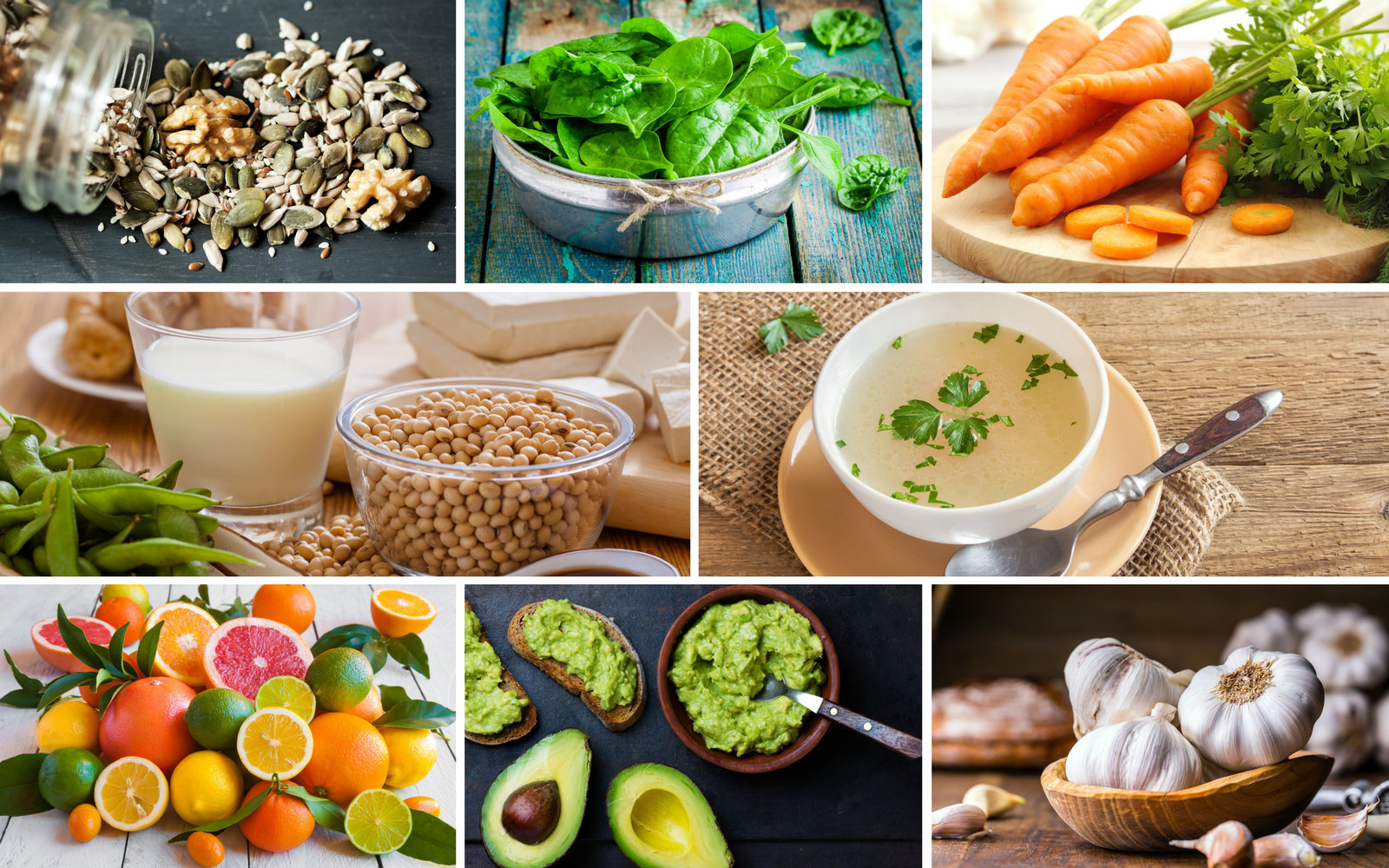why collagen is important for human beings?
What will happen if we take collagen does it stop ageing and other problems in human body?
Factors That Destory Collagen:
Now let’s talk about the factors that can negatively affect collagen in our bodies.
There are various enemies of collagen that you should be aware of, as they can contribute to its destruction by understanding and addressing these factors, you can better preserve your collagen levels and overall health.
Let’s discuss some key factors that can affect collagen levels in our bodies:
Age:
As we age, the production of collagen gradually decreases. While until around the age of 20-25, we produce more collage than we degrade. after that point, we begin to lose approximately 1% of collagen per year. Think of it like a savings account, where the more we replenish this collagen’savings’ the slower our skin and joints will show signs of ageing. While aging is inevitable, there are other factors we can regulate to support collagen production.
Smoking:
Smoking accelerates the destruction of collagen, making it one of the reasons why smokers often experience more pronounced wrinkles and skin ageing. Quitting smoking can help preserve collagen and promote healthier skin.
Sun exposure:
Ultraviolet radiation from the sun is another enemy of collagen. It can decelerate collagen products and contribute to unseasonable skin ageing. guarding your skin from inordinate sun exposure through the use of sunscreen and other defensive measures can help save collagen situations. Lake of sleep shy sleep can disrupt the body’s natural restorative processes, including collagen products. sufficient sleep is essential for optimal collagen conflation and overall skin health.
Excessive alcohol consumption:
Excessive alcohol intake can negatively impact collagen production and lead to the breakdown of existing collagen. Moderation or avoiding excessive alcohol consumption is beneficial for collagen preservation.
Sedentary lifestyle:
Leading a sedentary lifestyle can contribute to a decline in collagen production. Regular Physical activity and exercise can help stimulate collagen synthesis and maintain overall collagen levels.
High sugar and refined carbohydrate intake:
Consuming excessive sugar and refined carbohydrates can contribute to the advanced glycation process which can make collated fibers stiffer and more difficult for the body to repair or replace. Monitoring and reducing sugar and refined carbohydrate consumption supports healthy collagen levels.

These include: High-Quality Proteins:
consuming proteins of good quality supplies the necessary amino acids for collagen synthesis.
Vitamin C:
This vitamin is vital for collagen production and acts as a co-factor in the process. Including foods rich in vitamin C in your diet is crucial.
Vitamin A:
Vitamin A contributes to skin health and aids in collagen product; Food like carrots, sweet potatoes, and lush flora are excellent sources of vitaminA.
Copper:
Copper is an essential mineral that plays a part in collagen conflation. Consuming foods like nuts, seeds, and shellfish can give an acceptable quantum of copper.
Zinc:
zinc is another mineral that supports collagen production. Foods similar as oysters spare flesh, and legumes are good sources of zinc. Sulfur Sulfur is an essential element of collagen. including sulfur-rich foods like garlic, onions, and cruciferous vegetables in your diet can be salutary.
Vitamin E:
Vitamin E acts as an antioxidant, guarding collagen from damage caused by free revolutionaries. It can be set up in foods like nuts, seeds, and spinach. It’s worth noting that when your body produces collagen, it requires the necessary amino acids along with vitamin C, zinc, copper , and sulfur.
All in all ensuring your die includes these essential ingredients is crucial for supporting collagen production.


1 thought on “Boosting Collagen Naturally for Youthful Skin and Joints”